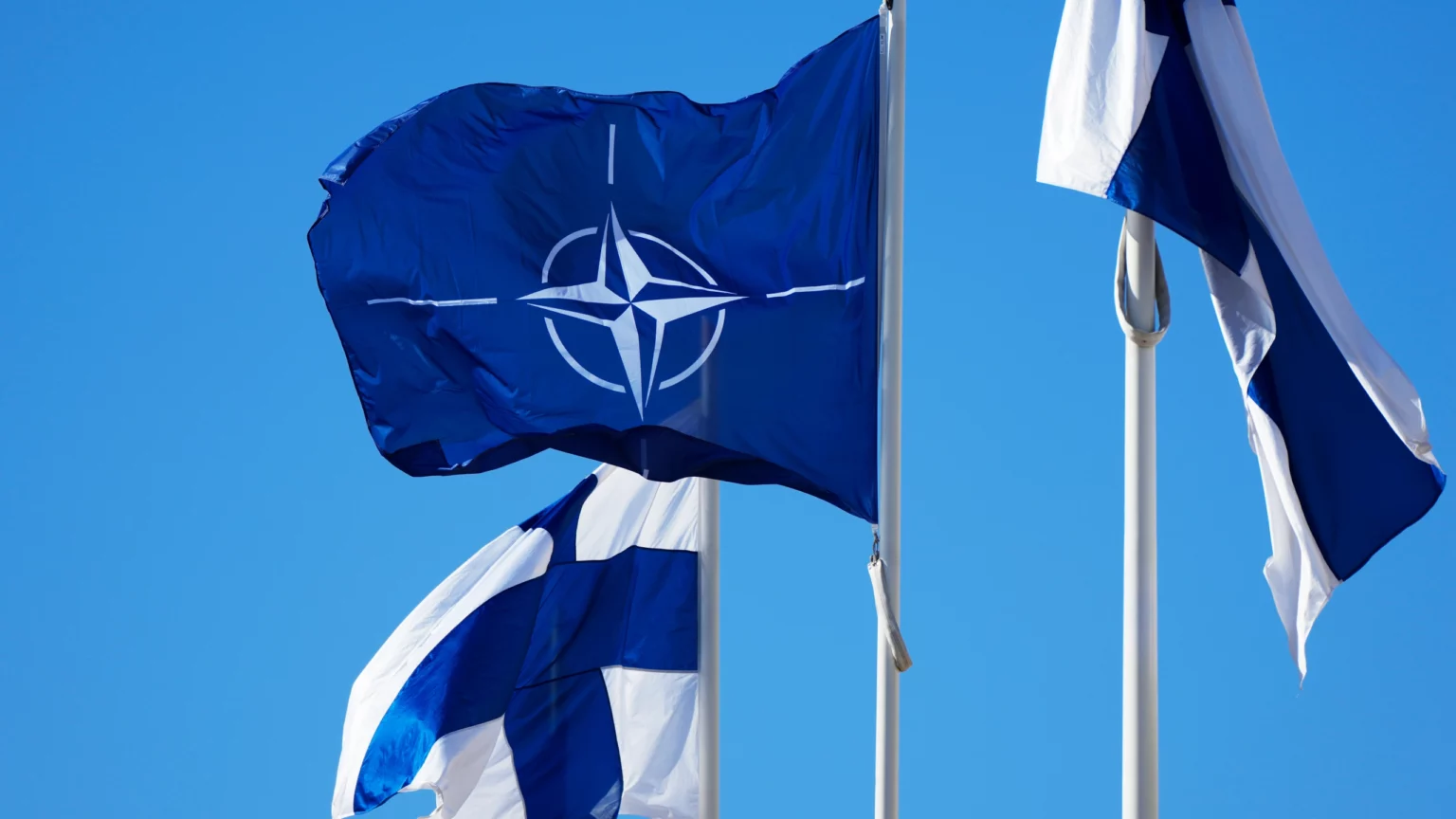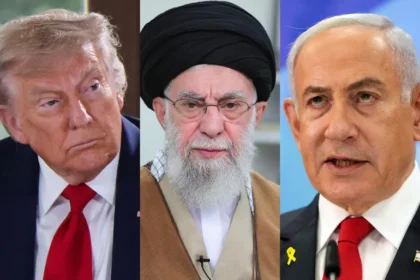Less than a year after applying, Finland officially became the 31st member of the NATO alliance today, with a signing ceremony in Brussels.
The signed agreement may be bittersweet for Finnish prime minister Sanna Marin, who supported the NATO membership but on Sunday witnessed her party defeated in a general election that will cost her the prime minister’s chair. However, the new government, led by the conservative National Coalition Party, has supported NATO membership.
Usually, NATO membership takes some time to happen, but the majority of members moved quickly to approve Finland and Sweden in record time. The exceptions were Turkey and Hungary, which dug in their heels — and as all 30 NATO members need to approve new additions, Istanbul and Budapest have been able to interfere in the process for months.
It’s also likely a bittersweet moment for Sweden, which also aims to join the alliance but whose request has been complicated by geopolitics. Since the end of World War II, Finland, and Sweden have been joined at the hip as militarily neutral, denying to side with either NATO or the USSR.
After the end of the Cold War, there were various pushes within each country for NATO membership, but they never got very far. That changed dramatically when Russia invaded Ukraine on Feb. 24, 2022. Public polling just days after the invasion showed huge jumps in support for NATO membership and the governments worked quickly, formally submitting requests on May 18.
While Sweden this month gave its blessing to Finland to move forward with membership solo, Stockholm still hopes to join the alliance in the future. While some European sources have voiced optimism that Sweden could join before the end of the year, there is agreement that there won’t be movement until, at best, the Turkish elections in May provide a clear outcome of who will be leading in Ankara.




